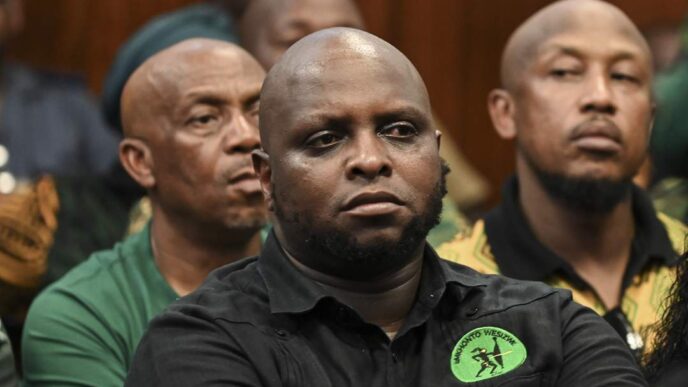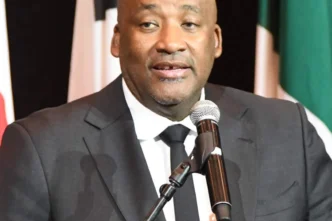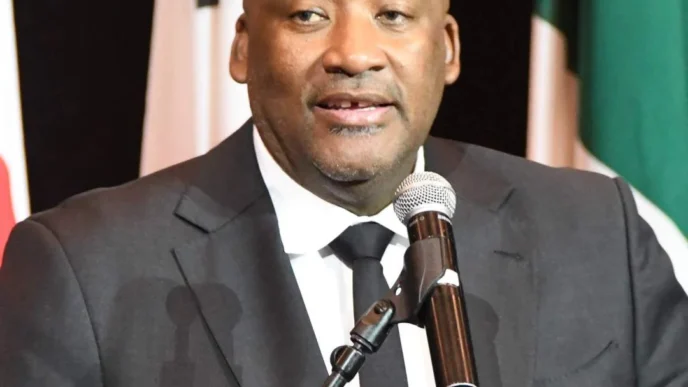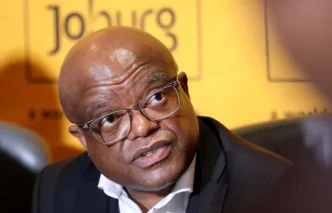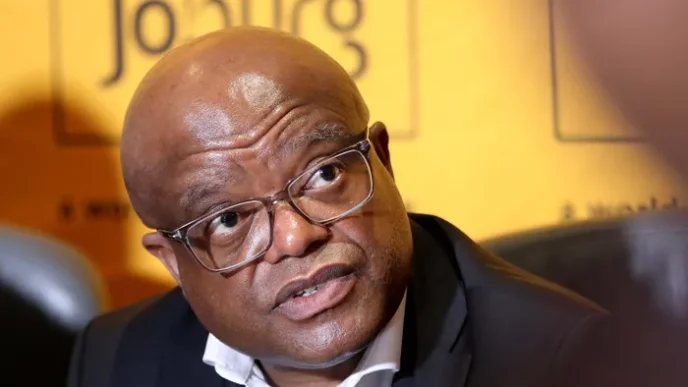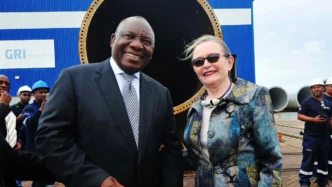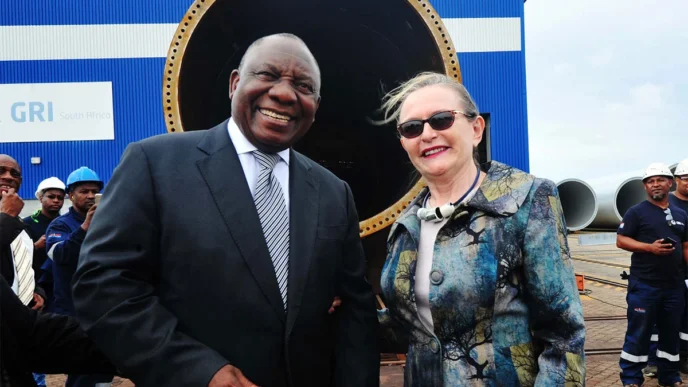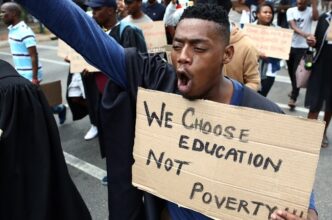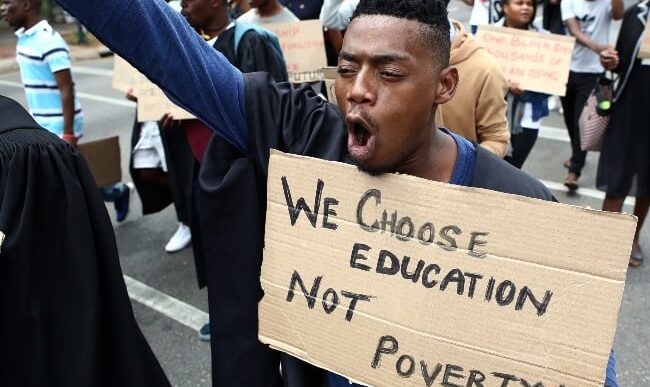South Africa’s political landscape faces fresh uncertainty as rumors swirl over the future of Floyd Shivambu , Deputy President of the uMkhonto we Sizwe (MK) Party. Reports suggest former President Jacob Zuma may remove Shivambu from his position as Secretary-General, reigniting debates over power dynamics within the newly formed party. However, the MK Party has officially denied the speculation, stating Shivambu remains in his role and dismissing the claims as “unfounded”.
Shivambu, a former Economic Freedom Fighters (EFF) leader turned MK stalwart, joined the party in August 2024 and was formally appointed Secretary-General in November 2024 under Zuma’s leadership. His tenure has been marked by efforts to consolidate the party’s ideological stance and campaign strategy, aligning with his self-described “heterodox” approach to governance. Yet, recent whispers of his potential ousting have fueled questions about internal cohesion, particularly as the party prepares for upcoming elections.
The controversy follows a pattern of volatility within the MK Party, which has faced scrutiny over its rapid ascent and reliance on Zuma’s influence. Analysts suggest the speculation reflects broader tensions between Zuma’s central authority and the integration of new leaders like Shivambu. “This isn’t just about one individual—it’s about whether the party can balance ambition with ideological unity,” said a Pretoria-based political commentator.
Adding to the intrigue, reports indicate Zuma may soon hold a press briefing to address leadership changes, though no official announcement has been made. The MK Party’s denial of Shivambu’s removal contrasts with its history of abrupt internal shifts, raising skepticism among observers. Meanwhile, Shivambu himself has remained silent, fueling further conjecture about his standing.
Public reaction remains divided. Anti-corruption advocates have criticized the party’s reliance on figures tied to past scandals, while supporters argue the focus should be on policy over personality clashes. The situation underscores the challenges of building a credible political movement in a climate already strained by economic and social crises.
As the June 2025 election deadline looms, the MK Party’s ability to navigate these leadership disputes will test its resilience. For now, Shivambu retains his position, but the ongoing speculation highlights the fragile alliances that define South Africa’s evolving political arena—a reality where stability often hinges on the whims of power.



